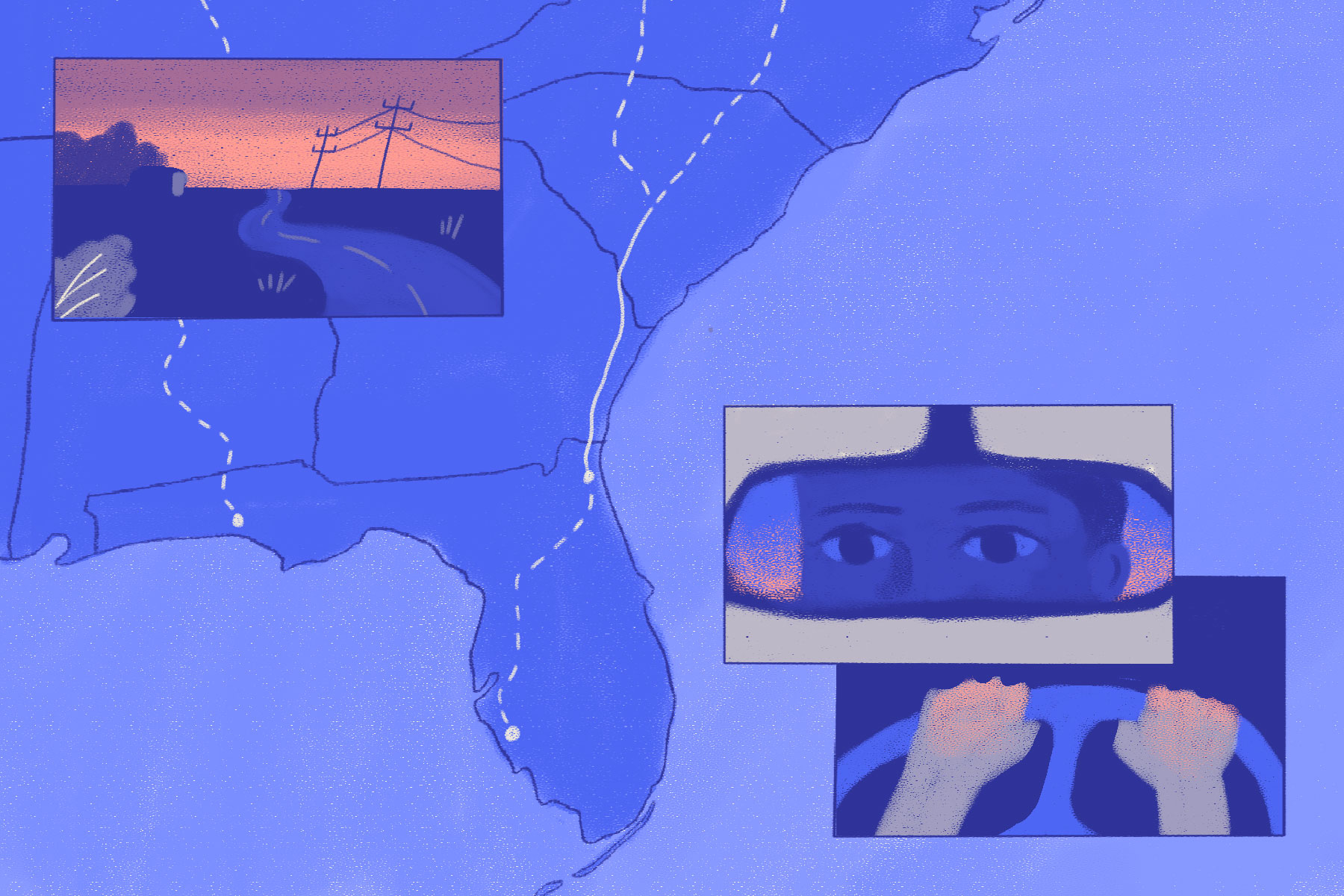With Florida set to enforce a six-week abortion ban as early as May 1 and a near-total prohibition taking effect soon after in Arizona, staffers at abortion funds say they won’t be able to meet the increased demand for help funding out-of-state travel — a development that could lead to more people continuing unintended pregnancies.
“I don’t think people quite understand the ramifications,” said Stephanie Loraine Pineiro, the executive director of Florida Access Network, one of the Sunshine State’s abortion funds. These nonprofit organizations help pregnant people cover the cost of terminating a pregnancy. “We’re thinking about the collateral damage. People’s lives are going to be affected.”
One state ban alone would have strained the nation’s fragile abortion fund network. But together, the two laws may be too much to bear. After spiking in June 2022, a temporary result of the Supreme Court’s unpopular decision to overturn Roe v. Wade and end the federal right to an abortion, donations to these funds have steadily declined.
In Florida, representatives for the state’s abortion funds said they were already at their limits. Now, they fear the six-week ban will stretch them further. Last year, more than 80,000 abortions were performed in the state, according to the state health department.
In Arizona, about 11,500 abortions took place in 2022, the most recent year for which there is complete data from the state’s health department. Though a smaller figure, staffers at Arizona’s sole abortion fund say they will not be able to support sending that many people across state lines.
“Where are people going to get resources to pay for these abortions to go out of state?” asked Eloisa Lopez, the executive director of the Abortion Fund of Arizona. “It’s not going to be possible for folks.”
The regional implications in the South are particularly significant. In Florida, home to more than 60 clinics, abortion is currently legal until 15 weeks of pregnancy — less permissive than what Roe had guaranteed, but still the most generous of any of the state’s neighbors. Alabama, Arkansas, Kentucky, Louisiana, Mississippi, Oklahoma, Tennessee, Texas and West Virginia have almost completely banned the procedure. It is legal up to six weeks of pregnancy in Georgia and South Carolina, and up to 12 weeks in North Carolina. As a result, pregnant people have flooded into clinics in the Sunshine State, which has recorded one of the largest increases in the procedure since Roe fell.
Arizona never became the same sort of regional destination — until now, it had also enforced a 15-week limit, but that law was stricter than those of surrounding states. Yet physicians there said they also saw out-of-state patients in the post-Roe landscape, particularly people from Texas who were unable to get an earlier appointment in a state closer to home.
Despite the bans that have gone into effect since Roe v. Wade’s overturn, the number of abortions performed has held steady, multiple analyses show — the result of patients being able to order abortion pills by mail or to travel relatively short distances over state borders for care.
But the abortion laws in Florida and Arizona both could undercut that. Representatives for abortion funds in both states said they do not cover the costs for people ordering abortion medication through the mail from another state, citing potential legal risk. And the travel they do support will likely become longer and more expensive.
In Florida, physicians are preparing to send patients to Virginia, the last state in the South to permit second trimester abortions, as well as to Washington, D.C. and Illinois. Arizonans will have a handful of states to travel to — Nevada, Colorado, California and New Mexico — though clinics have already been besieged by the increase in patients from states like Texas and Oklahoma.
In Arizona, Lopez estimated that a trip out of state could cost patients between $1,500 and $2,000. Spending that much money on every Arizonan who might need financial support to leave the state simply isn’t possible, she said.
And as more patients travel further distances — trips that could require pricier plane tickets, extra gas, or more nights in hotels — abortion fund representatives worry their travel budgets won’t go as far as they once might have.
“With more people needing to travel further distances, the money that is allocated for travel — it will be spent down much sooner,” Loraine Piniero said.
Her fund has already cut back operations. Florida Access Network used to fund people who traveled to Florida for the procedure; in response to growing financial pressure, it now only funds Floridians who are traveling for care. It’s still a substantial task: In 2023, the fund spent $400,000 to support 1,500 people.
Staffers from other funds said they likely won’t be able to help everyone who calls for assistance. “It is absolutely possible that our call volume is going to get to the point where we have to be really, really strict with how much we can fund each caller, or potentially have to close our line periodically,” said McKenna Kelley, a board member of the Tampa Bay Abortion Fund. “So far, it’s not looking super promising.”
Even organizations in cities expecting an influx of abortion patients — such as Chicago and Washington D.C., now among the closest legal options for Floridians — say they don’t believe they will be able to meet the heightened demand.
“We have not turned a single caller away since the summer of 2019 — almost five years,” said Megan Jeyifo, the executive director of the Chicago Abortion Fund. “This is pushing us to the brink.”








